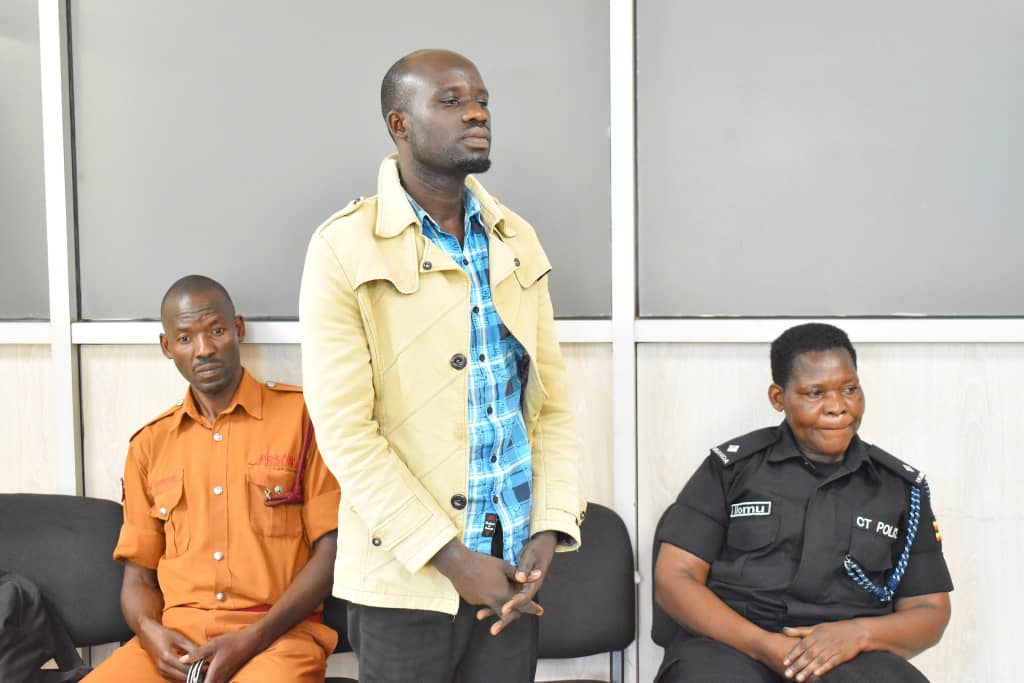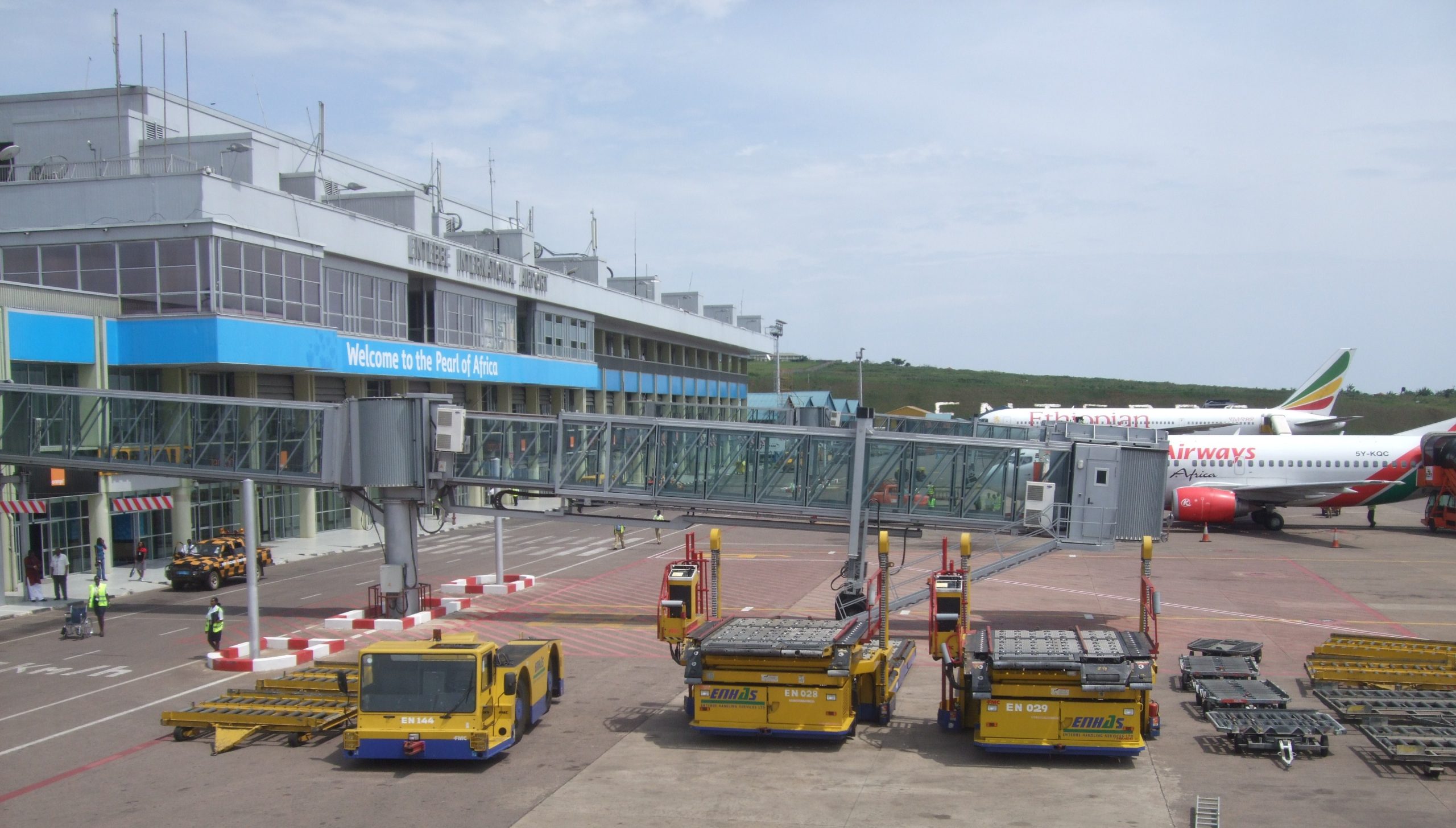President Yoweri Museveni recently addressed 472 district leaders, emphasizing the importance of promoting the politics of interest for the prosperity of Ugandans. Speaking at the closure of the Transformational Leadership Development Course at the National Leadership Institute (NALI) Kyankwanzi, Museveni underscored the significance of this focus in driving national progress.
The leaders in attendance hailed from seven districts: Hoima, Kakumiro, Mubende, Kasanda, Nakaseke, Kamwenge, and Kyankwanzi, representing various levels of governance and societal sectors. Their training, themed “The role of local leaders in the implementation of government programs and projects,” aimed to equip them with essential skills for effective leadership and governance.
Central to Museveni’s address were the four core principles of the ruling National Resistance Movement (NRM): patriotism, pan-Africanism, socio-economic transformation, and democracy. He reiterated that these principles are pivotal in fostering the prosperity of Ugandans and ensuring sustainable development across the nation.
Museveni emphasized the interconnectedness of peace, productivity, and market access in driving economic growth. Stressing the importance of regional cooperation, he highlighted the need for Uganda to tap into external markets within East Africa and the broader African continent to enhance economic opportunities for its citizens.
Furthermore, Museveni urged leaders to prioritize wealth creation and universal access to education as fundamental pathways to uplift livelihoods and alleviate poverty. He advocated for the adoption of innovative agricultural practices, such as the four-acre-model, alongside investments in industries, services, and information and communication technology (ICT) to spur economic prosperity.
In a commitment to support district leaders, Museveni proposed the establishment of a Savings and Credit Cooperative Organization (SACCO) to provide financial assistance and resources for their endeavors. This initiative aims to bolster local initiatives and enhance grassroots development efforts.
The training initiative was initiated in response to identified gaps in local leadership, as Prime Minister Robinah Nabbanja highlighted. Nabbanja emphasized the importance of ideological orientation among leaders to effectively implement government programs and projects, addressing the needs and aspirations of their communities.
Minister of Works and Transport, Gen. Edward Katumba Wamala, assured leaders of continued government support for infrastructure development, including road rehabilitation projects across the country. He underscored the government’s commitment to prioritizing infrastructure as a catalyst for national development.
The training curriculum, led by NALI’s director, Brig. Gen. Charles Kisembo, covered a range of topics including ideology, leadership, time management, and transformative discipline. Kisembo expressed confidence that the knowledge imparted would enhance the performance of district leaders and facilitate the successful implementation of government initiatives.
The event concluded with expressions of gratitude from local leaders, acknowledging President Museveni’s leadership in steering development efforts. They pledged their commitment to serving as effective ambassadors in their respective communities and advocated for additional support in areas such as education and governance reforms.
In their appeals to President Museveni, district leaders highlighted various concerns including the need for increased emoluments, the establishment of new administrative units, and the enhancement of NRM structures for effective service delivery. They also called for measures to address challenges related to district roads committees and ensure transparency in party elections.




















